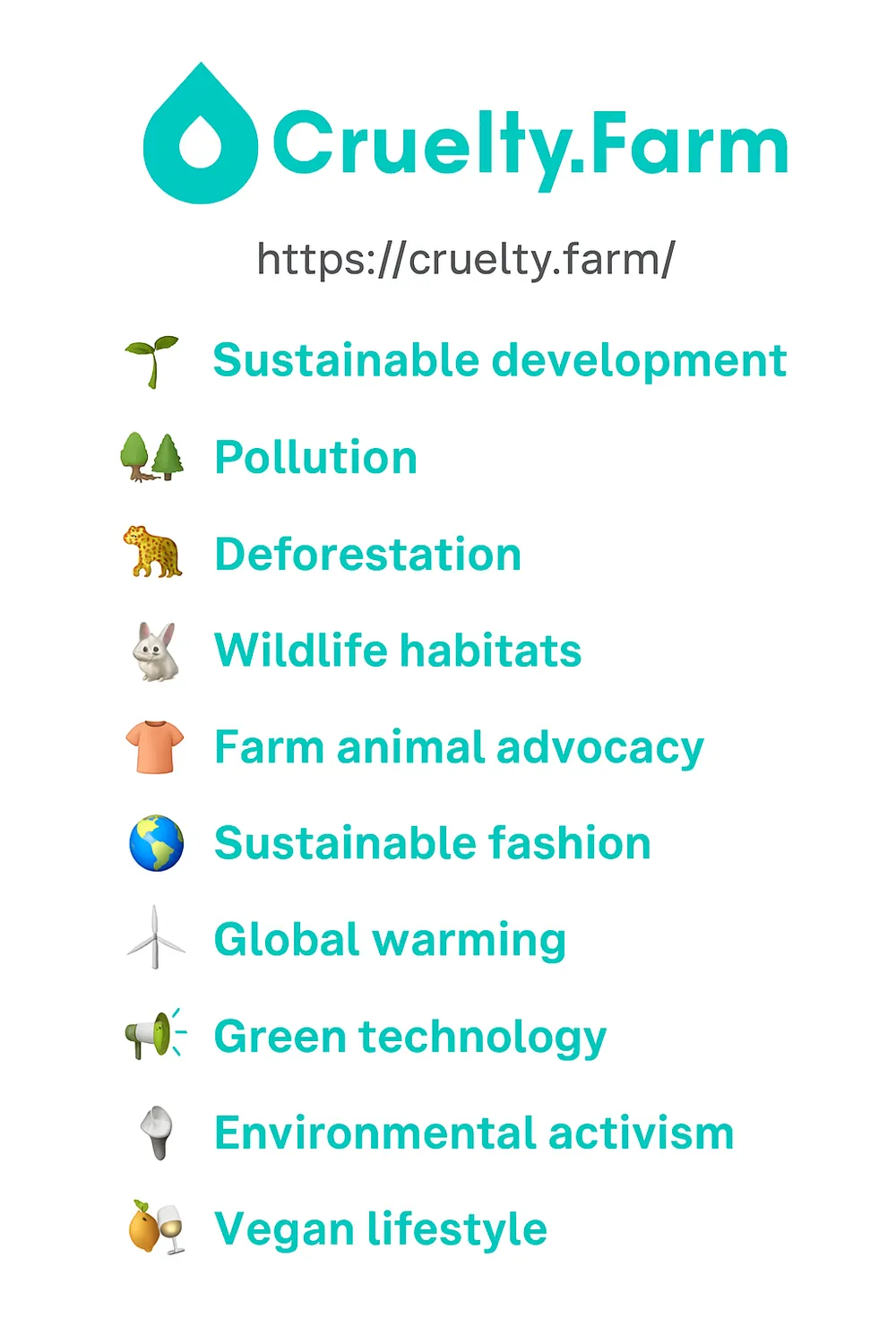
The oceans cover more than 70% of the Earth’s surface and are home to an incredible variety of life. From the smallest plankton to the largest whales, marine ecosystems play a critical role in regulating our climate, providing food, and sustaining biodiversity. Yet, despite their importance, the oceans are facing unprecedented threats from human activities. Ocean conservation is no longer optional—it is essential for the survival of our planet and future generations.
Why Ocean Conservation Matters
Oceans are the lungs of the Earth. They produce more than half of the oxygen we breathe and absorb about 30% of the carbon dioxide produced by humans, helping to mitigate climate change. Oceans also support the livelihoods of billions of people, particularly through fishing and tourism industries.
Coral reefs, mangroves, and seagrass beds act as nurseries for many marine species and protect coastlines from storms and erosion. Healthy oceans ensure food security, provide natural medicine, and even influence weather patterns. Without them, life on land would struggle to survive.
Threats to the Oceans
Despite their vastness, oceans are fragile and increasingly under pressure from a range of human-induced threats:
- Pollution: Each year, millions of tons of plastic waste enter the oceans, killing marine animals and damaging ecosystems. Oil spills, toxic chemicals, and untreated sewage also pollute marine waters.
- Overfishing: Unsustainable fishing practices deplete fish populations, destroy habitats, and threaten the balance of marine ecosystems. Many fish species are now on the brink of extinction.
- Climate Change: Rising ocean temperatures and acidification caused by increased CO₂ levels are bleaching coral reefs and altering marine life behavior and reproduction.
- Habitat Destruction: Coastal development, trawling, and mining damage delicate marine habitats like coral reefs and seagrass beds.
- Invasive Species: Human activities such as shipping introduce non-native species to new environments, often outcompeting and harming native marine life.
Global Efforts Toward Ocean Conservation
Efforts to conserve the oceans are underway at both local and global levels. Some of the most important actions include:
- Marine Protected Areas (MPAs): These are zones where human activity is restricted to protect marine life and habitats. MPAs help restore fish populations and biodiversity.
- Sustainable Fishing: Policies that set quotas, ban harmful gear, and enforce seasonal restrictions help prevent overfishing and allow marine species to recover.
- International Agreements: Treaties such as the United Nations Convention on the Law of the Sea and the recent High Seas Treaty aim to improve governance and protection of international waters.
- Public Awareness Campaigns: Organizations like Oceana, Sea Shepherd, and the Marine Conservation Institute work tirelessly to educate the public, advocate for policy change, and protect marine ecosystems.
- Research and Innovation: New technologies and scientific research are being used to monitor ocean health, clean up plastic waste, and develop eco-friendly alternatives.
How You Can Help
Even if you live far from the coast, your actions can still impact the ocean. Here’s how you can contribute to ocean conservation:
- Reduce Plastic Use: Avoid single-use plastics like bags, straws, and bottles. Choose reusable or biodegradable alternatives.
- Eat Sustainable Seafood: Choose fish that are sustainably sourced. Look for certifications like MSC (Marine Stewardship Council) or consult seafood guides.
- Support Ocean-Friendly Brands: Buy from companies that prioritize sustainability, avoid ocean-harming practices, and support conservation efforts.
- Participate in Cleanups: Join local beach or river cleanups to reduce waste entering the ocean.
- Raise Awareness: Share information about ocean conservation with friends, family, and on social media.
- Conserve Water and Energy: Reducing your water and energy use lowers pollution and carbon emissions that affect ocean health.
Conclusion
Oceans are the lifeblood of our planet, supporting ecosystems, economies, and entire communities. Conserving them is a shared responsibility that requires cooperation, education, and action. By making thoughtful choices and supporting sustainable practices, we can protect our blue planet and ensure the oceans remain full of life and wonder for generations to come.